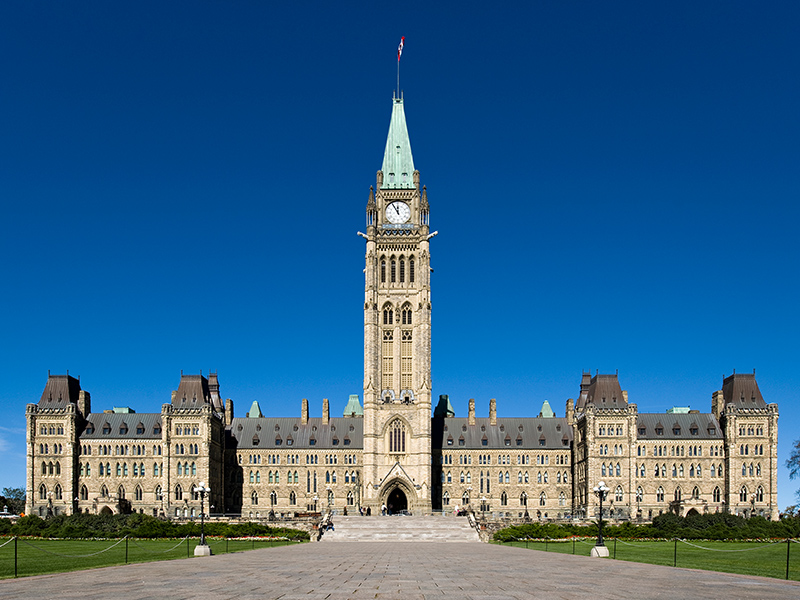Justin Trudeau and the Liberals, to their credit, ran a very effective campaign during the recent federal election.
Briefly, the party’s political vision resonated with people. They had few errors or political gaffes to speak of. They convinced Canadian progressives that they were the best choice to replace Stephen Harper and the Tories.
When you put it all together, the Liberals deserved to win on Oct. 19. End of story.
This doesn’t mean I agree with the decision of 39.47 per cent of Canadians to give the Trudeau Liberals a majority government this year (184 out of 338 seats), of course. The same way many people didn’t agree with the decision of 39.62 per cent of Canadians who gave the Harper Tories a majority government four years ago (166 out of 308 seats).
That’s the nature of an election in a democratic society like Canada. The voters are always perceived as being right, even when many of us think they’re wrong.
As an aside, we’ve only had a small handful of prime ministers elected with more than 50 per cent of popular support in 42 federal elections. This short list is composed of Sir Wilfrid Laurier (1900, 1904), Sir Robert Borden (1917), William Lyon Mackenzie King (1940), John Diefenbaker (1958) and Brian Mulroney (1984). So, there’s always going to be some voter disenchantment after the fact.
None of this matters, however. Trudeau is Canada’s 23rd prime minister, and we’ll soon find out what the new government’s economic direction is. Parliament will be reconvened Dec. 3, and the speech from the throne will be released the following day.
For Canadian conservatives (yes, there are still a few of us around), the early indications are nothing short of disastrous. The size of government will substantially increase, more taxpayer dollars will be wasted, and certain components of Harper’s informal 10-year plan to build a “Conservative Canada” will quickly disappear.
Don’t believe me? Let’s cherry-pick a few items.
The Liberals have committed to running three straight economic deficits. They’ll establish a new 33 per cent tax bracket above $200,000 in taxable income. They’re going to eliminate “Stephen Harper’s tax breaks for the wealthy,” including recent increases in contributions to tax free savings accounts. Education and textbook tax credits will be cancelled. The CBC will receive $150 million per year in new funding. Green infrastructure projects will be allocated $20 billion over 10 years. Hundreds of millions of dollars will be re-established for projects related to health care, climate change and aboriginal programs.
Look, there’s no question that the Harper Tories were imperfect on the financial file. As I’ve mentioned many times over the years, I was often frustrated by this government’s lack of commitment (at times) to fiscal conservatism.
This frustration will seem like a cakewalk compared to the Trudeau Liberals, however. Unless the two fiscal thinkers in cabinet, Finance Minister Bill Morneau and Treasury Board President Scott Brison, have some influence over the new prime minister, wasteful public spending is back in vogue in Canada.
It doesn’t stop there.
There will also be massive changes to the anti-terrorism act, Bill C-51. The small, symbolic role Canada had in the war against ISIS will be ended. Trudeau’s proposal to somehow bring in 25,000 Syrian refugees (a decent, but costly move) is still on the table.
We shouldn’t forget Foreign Affairs Minister Stéphane Dion’s declaration that Canada will, once again, be an “honest broker” in relations with Israel. Canadian Jews certainly don’t have to be told what this means. They know damn well what’s going to happen.
To make a long story short, Canada’s widely respected leadership role under Harper in foreign policy and the war on terror will fall by the wayside. The progressive peaceniks are back in charge, alas.
If that’s the Canada you want, you got it. I’ll pass on the celebrations, if you don’t mind.
